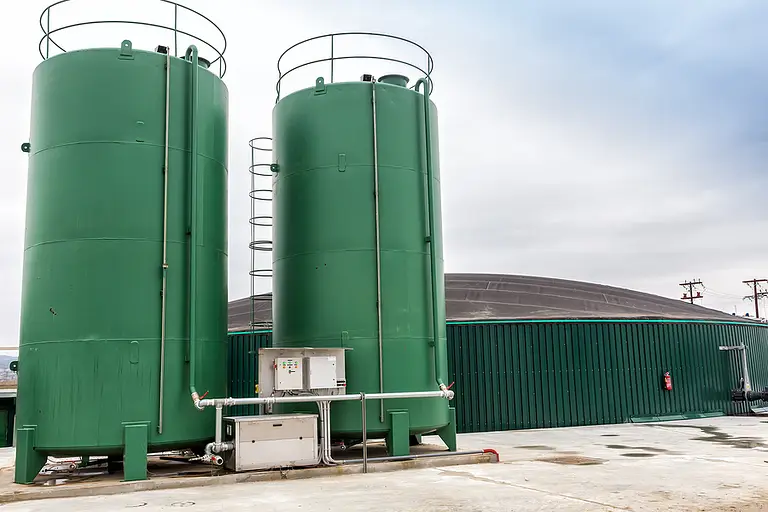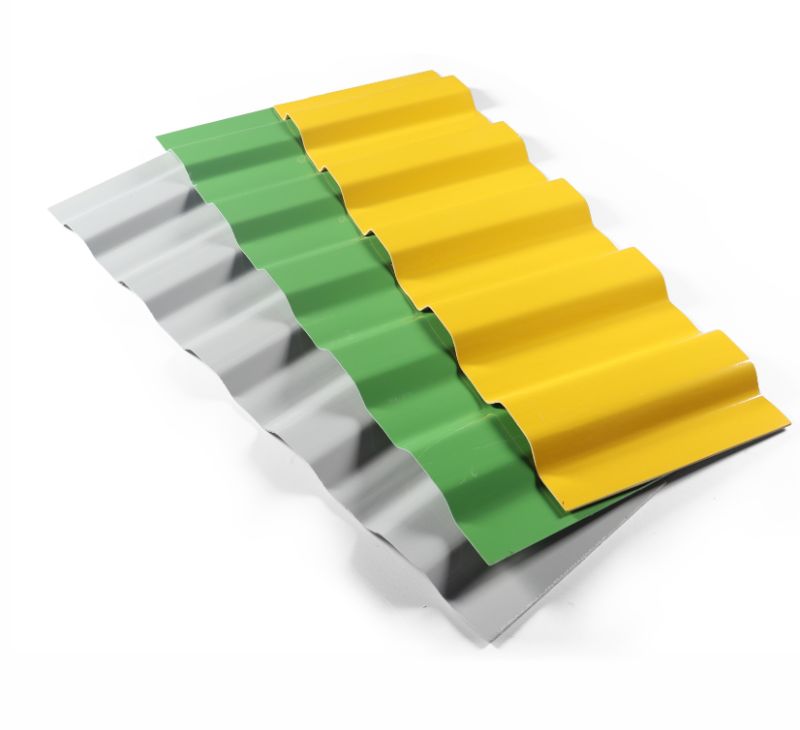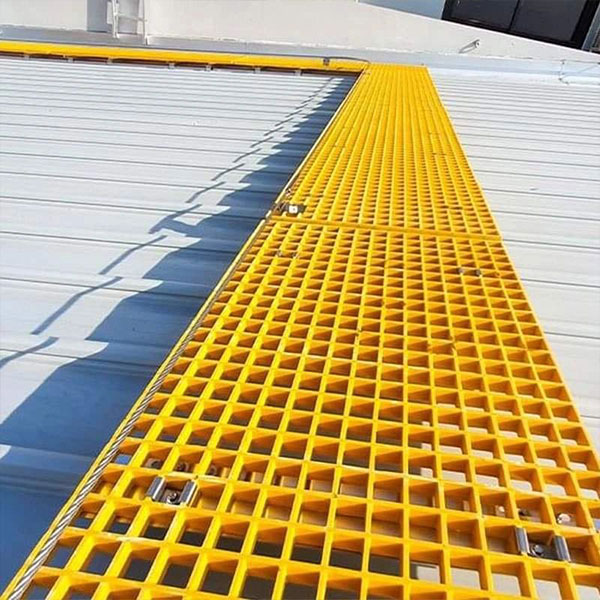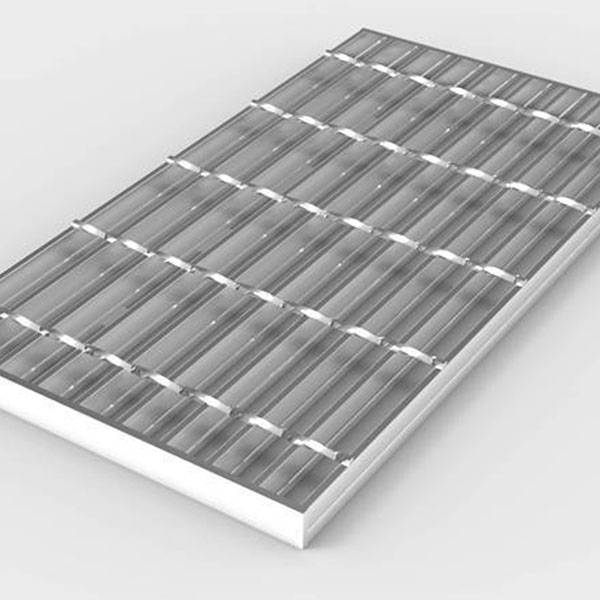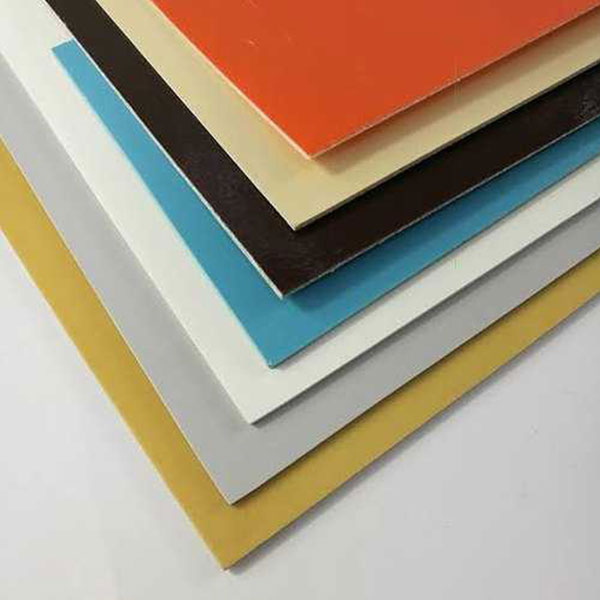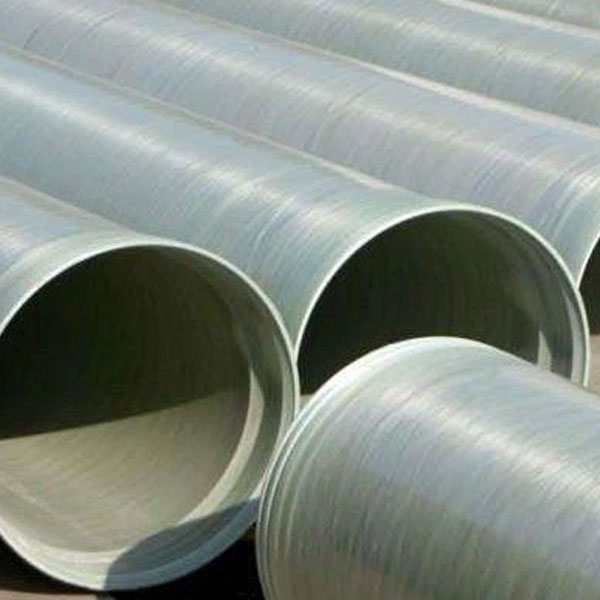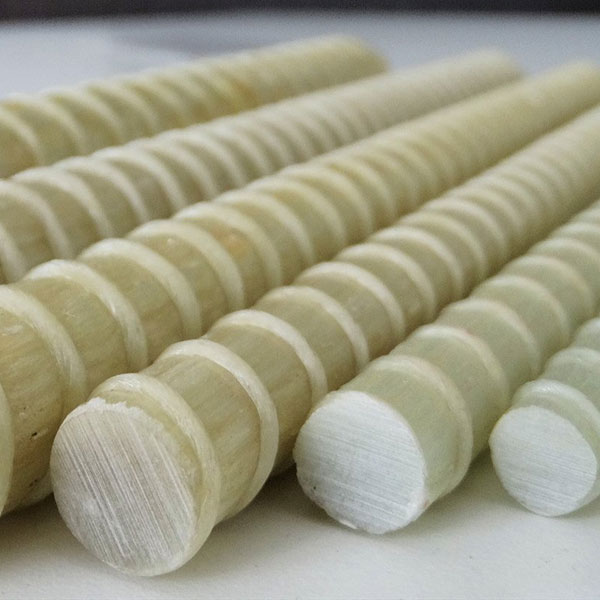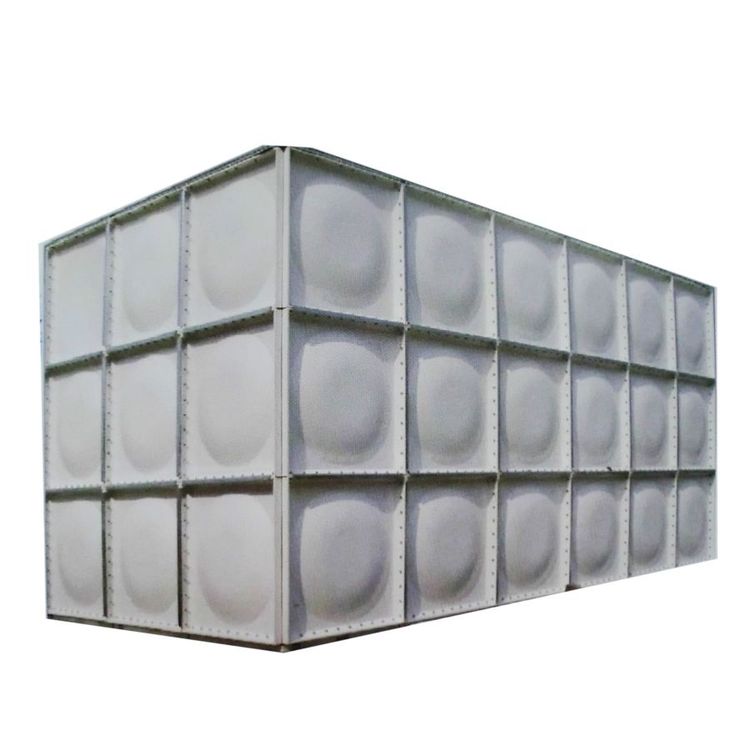Standard bisphenol A vinyl ester resins, such as 901, CHEMPULSE 901, etc., are the widely used resins. They have good corrosion resistance to common acids, alkalis, salts and organic solvents. This kind of resin can also be prepared into pre promoted type, such as: 901-P, anti sag flow type, such as 901-T, pre-promoted anti sag flow type, such as 901-TP, to meet different process requirements.
Product performance introduction
Standard vinyl ester resins are versatile materials that find application in a wide range of industries and products due to their excellent properties. Some common applications of standard vinyl ester resins include:
-
Corrosion-resistant equipment: Vinyl ester resins are commonly used to manufacture tanks, pipes, ducts, scrubbers, and other equipment that require high corrosion resistance. They are often used in chemical processing plants, wastewater treatment facilities, and other corrosive environments.
-
Marine applications: Vinyl ester resins are popular in the marine industry for building boats, yachts, and other watercraft. They provide high strength, durability, and resistance to water, making them ideal for marine applications.
-
Automotive components: Vinyl ester resins are used to manufacture automotive parts such as body panels, bumpers, and interior components. They offer good impact resistance, dimensional stability, and lightweight properties.
-
Infrastructure projects: Vinyl ester resins are used in construction applications for producing structural elements, bridges, and other infrastructure components. They provide high strength, durability, and resistance to environmental factors.
-
Wind energy: Vinyl ester resins are commonly used in the production of wind turbine blades due to their high strength, fatigue resistance, and lightweight properties. They help enhance the performance and longevity of wind turbines.
-
Aerospace components: Vinyl ester resins are utilized in the aerospace industry for manufacturing aircraft components such as fairings, radomes, and interior panels. They offer good mechanical properties and fire resistance.
-
Sports and leisure products: Vinyl ester resins are used in the production of sports equipment, leisure products, and recreational vehicles due to their durability, impact resistance, and weatherability.
-
Electrical and electronic applications: Vinyl ester resins are employed in electrical and electronic applications for producing insulating components, circuit boards, and protective enclosures. They offer good electrical insulation properties and thermal stability.
These are just a few examples of the diverse applications of standard vinyl ester resins. Their combination of properties, including corrosion resistance, high strength, durability, and processability, make them suitable for various industries and products where performance and reliability are essential.
| Performance | 901 | 901-T | 901-P | 901-TP |
| Solid Content(%) | 55±1 | – | – | – |
| *1Viscosity(cps) | 450±100 | 650±100 | 450±100 | 650±150 |
| Proportion(Kg/L) | 1.04±0.01 | 1.04±0.01 | 1.04±0.01 | 1.08±0.02 |
| Gel Time(min) | 20±5*2 | 20±5*2 | 25±5*3 | 25±5*3 |
| Quality Guarantee Period(month,25℃) | 9 | 4 | 4 | 3 |
*1 LVT#3-60rpm,25℃
*2 55%MEKP:1.2%,6% cobalt caproate:0.4%,100%DMA:0.05%,25℃
*3 55%MEKP : 1.0%
| Performance | CHEMPULSE 901 | CHEMPULSE 901-P | 9012-TP |
| Solid Content(%) | 55±1 | – | – |
| *1Viscosity(cps) | 350±100 | 350±100 | 500 ~ 600 |
| Proportion(Kg/L) | 1.04±0.01 | 1.04±0.01 | – |
| Gel Time(min) | 20±5*2 | 27.5±7.5*3 | 30 ~ 38 |
| Quality Guarantee Period(month,25℃) | 9 | 4 | 4 |
*1 LVT#3-60rpm,25℃
*2 55%MEKP:1.2%,6% cobalt caproate:0.3%,25℃
*3 23℃/30℃ 55%MEKP:1.2%;15℃ 55%MEKP:1.5%;7℃ 55%MEKP:3.0%
| Performance | 901 | CHEMPULSE 901 | Test Method |
| Tensile Strength(MPa) | 78-90 | 76-90 | ISO 527-2 \GB/T 2567 |
| Tensile Modulus(GPa) | 2.9-3.4 | 2.9-3.4 | ISO 527-2 \GB/T 2567 |
| Elongation(%) | 5-6 | 5-6 | ISO 527-2 \GB/T 2567 |
| Flexural Strength(MPa) | 115-140 | 115-140 | ISO 178 \GB/T 2567 |
| Flexural Modulus(GPa) | 3.1-3.5 | 3.1-3.5 | ISO 178 \GB/T 2567 |
| HDT(℃) | 100-102 | 100-102 | ISO 75 \GB/T 1634 |
| Hardness (Barcol) | 30-38 | 30-38 | GB/T 3854 |
Here are some frequently asked questions (FAQ) about standard vinyl ester resins:
-
What are standard vinyl ester resins? Standard vinyl ester resins are thermosetting polymers that contain reactive ester groups in their molecular structure. They are commonly used in composite manufacturing for their excellent corrosion resistance, mechanical properties, and durability.
-
What are the key properties of standard vinyl ester resins? Standard vinyl ester resins offer properties such as high chemical resistance, good mechanical strength, excellent adhesion to substrates, low shrinkage, and good thermal stability. They also provide resistance to water, weathering, and UV exposure.
-
How are standard vinyl ester resins different from other resins? Standard vinyl ester resins offer a balance of properties between polyester resins and epoxy resins. They combine the corrosion resistance of epoxy resins with the ease of handling and cost-effectiveness of polyester resins, making them versatile for various applications.
-
What are the common applications of standard vinyl ester resins? Standard vinyl ester resins are used in a wide range of industries and products, including corrosion-resistant equipment, marine applications, automotive components, infrastructure projects, wind energy, aerospace components, sports and leisure products, and electrical and electronic applications.
-
How are standard vinyl ester resins processed? Standard vinyl ester resins are typically processed using techniques such as hand lay-up, spray-up, filament winding, pultrusion, and resin infusion. They can be cured at room temperature or with the application of heat, depending on the specific resin formulation and application requirements.
-
Are standard vinyl ester resins recyclable? Due to their thermosetting nature, standard vinyl ester resins are not easily recyclable like thermoplastic resins. However, efforts are being made to develop recycling methods for thermosetting resins to reduce waste and promote sustainability in the composites industry.
The price of standard vinyl ester resins can vary depending on several factors, including the resin formulation, quality, quantity purchased, supplier, and market conditions. Generally, standard vinyl ester resins are priced competitively compared to other high-performance resins like epoxy resins.
On average, the price of standard vinyl ester resins can range from 3𝑡𝑜10 per pound. However, prices may fluctuate based on factors such as resin specifications (e.g., corrosion resistance, mechanical properties), curing system (e.g., peroxide initiators), and additives included in the formulation.
Bulk purchases or long-term supply agreements may lead to volume discounts or more favorable pricing terms. Additionally, specialty vinyl ester resins with enhanced properties or specific certifications may command higher prices.
It is recommended to contact resin manufacturers, distributors, or suppliers directly to obtain accurate pricing information based on your specific requirements, volume needs, and delivery location. They can provide quotes, technical support, and guidance on selecting the right standard vinyl ester resin for your application while considering your budget constraints.
Standard Vinyl Ester Resins
Series :
Proxy Products >application
Product name :
Vinyl Ester Resin
Appearance :
Light yellow transparent liquid
FAQ
Q :
How do you store polyester resin?
A :
It should be stored in a cool, dry place, away from direct sunlight and sources of heat. It is also important to keep the container tightly sealed when not in use.
Q :
What is the shelf life of vinyl ester resin?
A :
In general, unopened containers of vinyl ester resin can be stored for 6-12 months from date of manufacture.
Other related products

